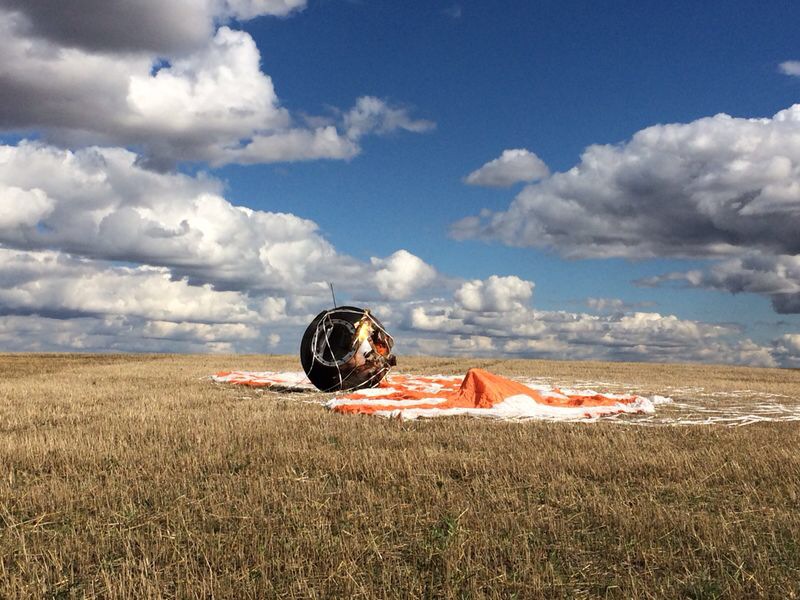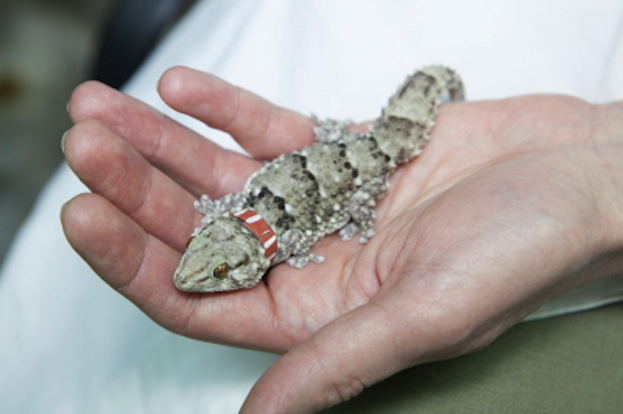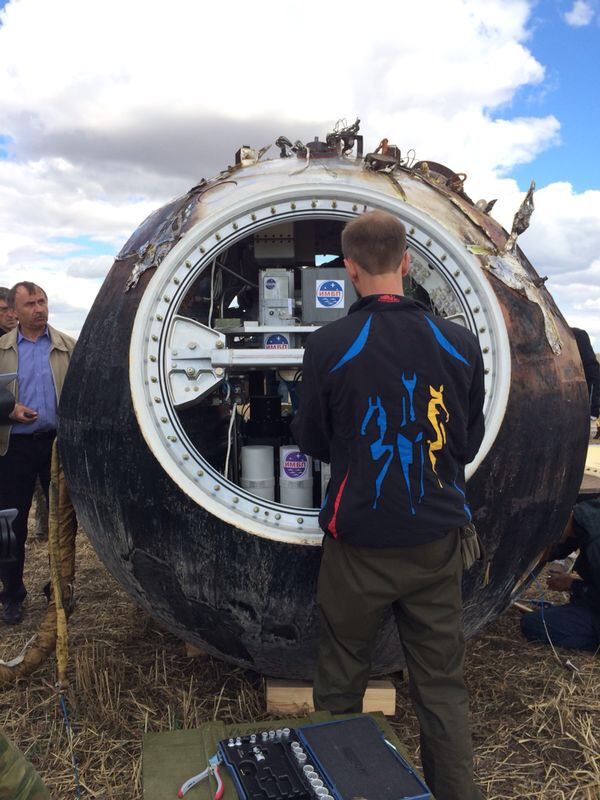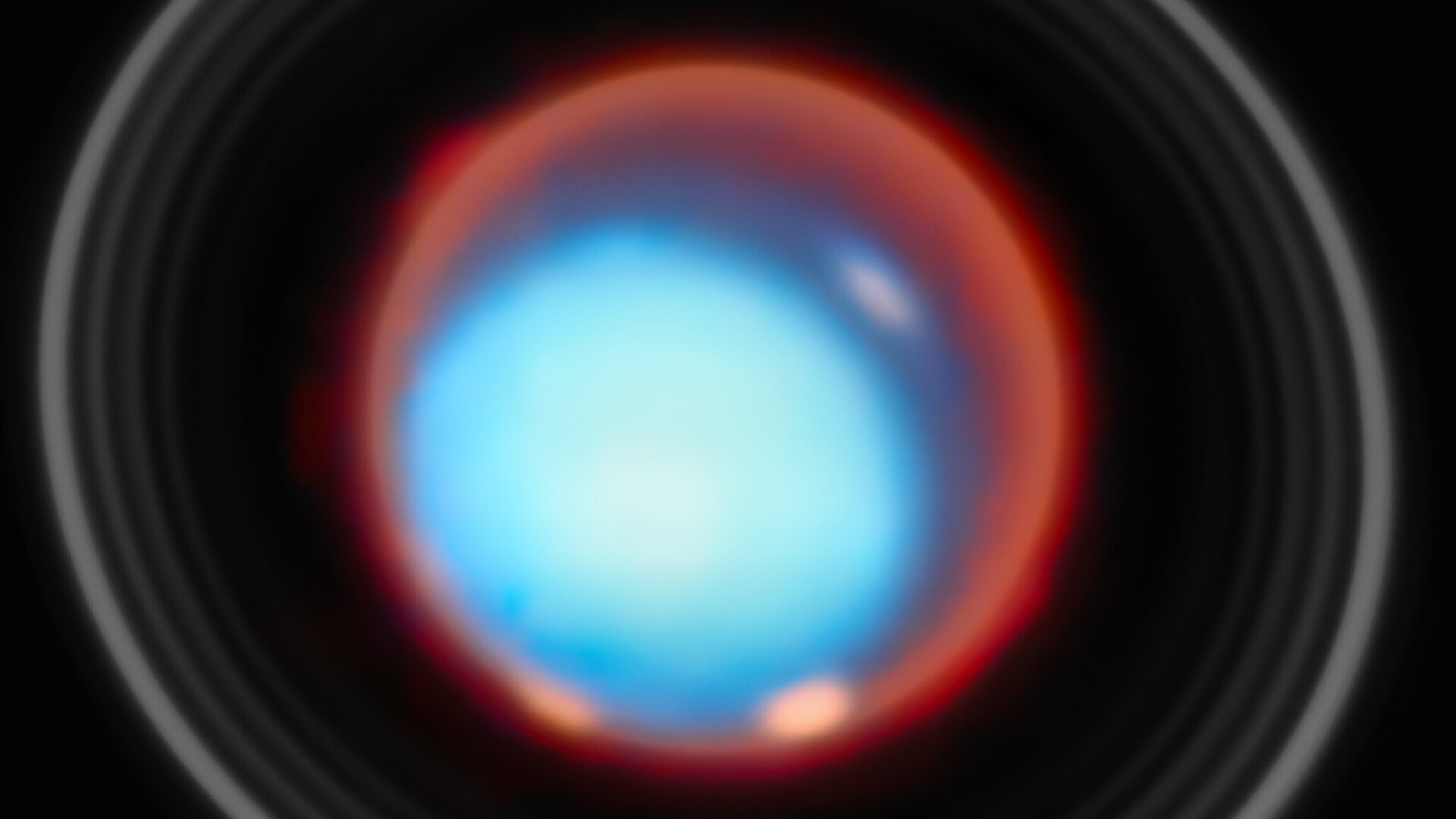
Russia's Space Sex Geckos Found Dead After Landing

Breaking space news, the latest updates on rocket launches, skywatching events and more!
You are now subscribed
Your newsletter sign-up was successful
Want to add more newsletters?

Delivered daily
Daily Newsletter
Breaking space news, the latest updates on rocket launches, skywatching events and more!

Once a month
Watch This Space
Sign up to our monthly entertainment newsletter to keep up with all our coverage of the latest sci-fi and space movies, tv shows, games and books.

Once a week
Night Sky This Week
Discover this week's must-see night sky events, moon phases, and stunning astrophotos. Sign up for our skywatching newsletter and explore the universe with us!

Twice a month
Strange New Words
Space.com's Sci-Fi Reader's Club. Read a sci-fi short story every month and join a virtual community of fellow science fiction fans!
A group of geckos sent to space so that scientists could study the mating habits of lizards in weightlessness have died.
Scientist discovered that the small reptiles didn't survive their outer space trek after the Russian satellite housing them landed back on Earth this weekend. Researchers still aren't sure when or how the intrepid space geckos died, according to a statement released by Roscosmos, Russia's space agency, on Monday (Sept. 1).
Although the five geckos didn't survive the trip, the Foton spacecraft kept a group of flies alive for the duration of the 1.5-month space journey.
"After extraction of biological objects from the lander to carry out the initial evaluation, it was found that the fly Drosophila moved spaceflight well, successfully developed and bred," according to a translated version of the Roscosmos statement.
The Foton carrying the geckos — and other experiments — launched to space on July 18. Shortly after the satellite made it to orbit, officials found that the craft wasn't responding to commands from the ground. Mission controllers re-established contact with the animal-filled spacecraft a few days after losing touch with it.
The geckos got a lot of attention during their time in orbit. Comedian John Oliver even launched a "#GoGetThoseGeckos" campaign on his show "Last Week Tonight" to stage a rescue for the lizards. "Star Trek's" Sir Patrick Stewart, Apollo 11 astronaut Buzz Aldrin and other famous stars lent their support to the mock campaign as well.
"Maybe, just maybe, if we could come together and accomplish one thing as a civilization, we could then build on that progress," Oliver said during a broadcast in July. "And I think rescuing these space sex geckos might just be that thing. And that is why, I'm issuing a challenge to humanity: Go get those geckos."
Breaking space news, the latest updates on rocket launches, skywatching events and more!
This wasn't the first experiment launched to study animal sex in space. Scientists have sent frogs, mice and salamanders into orbit to learn more about how they do the deed in weightlessness. In 1994, Japanese killifish became the first vertebrates to reproduce in outer space.
Follow Miriam Kramer @mirikramer and Google+. Follow us @Spacedotcom, Facebook and Google+. Original article on Space.com.

Miriam Kramer joined Space.com as a Staff Writer in December 2012. Since then, she has floated in weightlessness on a zero-gravity flight, felt the pull of 4-Gs in a trainer aircraft and watched rockets soar into space from Florida and Virginia. She also served as Space.com's lead space entertainment reporter, and enjoys all aspects of space news, astronomy and commercial spaceflight. Miriam has also presented space stories during live interviews with Fox News and other TV and radio outlets. She originally hails from Knoxville, Tennessee where she and her family would take trips to dark spots on the outskirts of town to watch meteor showers every year. She loves to travel and one day hopes to see the northern lights in person. Miriam is currently a space reporter with Axios, writing the Axios Space newsletter. You can follow Miriam on Twitter.


